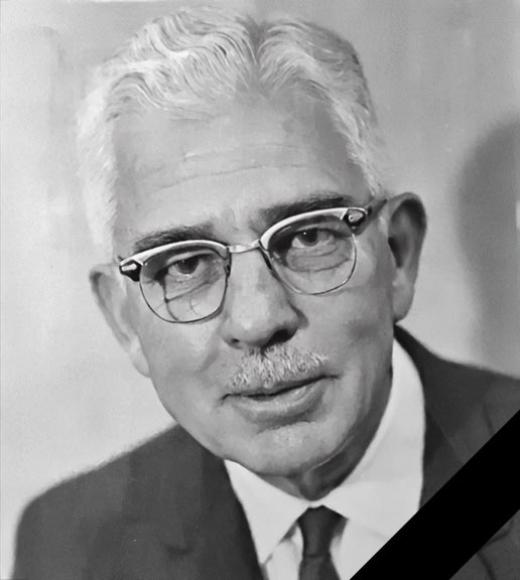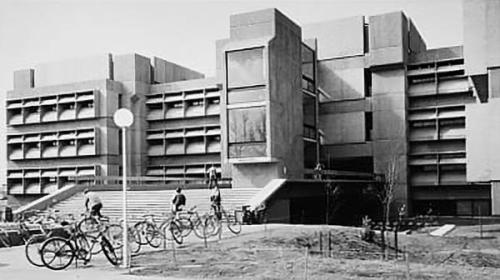
Position Title
In Memoriam
Professor Emeritus, Dean of the College of Agriculture
1896-1965
FRED N. BRIGGS
Birth: March 9, 1896, Center, Missouri
Death: September 14, 1965, Winters, California
Education:
- B.S., University of Missouri, 1918
- M.S., University of California, Berkeley, 1922
- Ph.D., University of California, Berkeley, 1925
Military Service:
- Second Lieutenant, U.S. Army (World War I)
Employment:
- USDA, Division of Cereal Crops and Diseases, Assistant and Associate Pathologist (1919-1930)
- UC Davis, 1930-1963
- Professor of Agronomy
- Chair, Department of Agronomy (1948-1952)
- Dean, College of Agriculture (1952-1963)
- Assistant Director, Agricultural Experiment Station
- Assistant Dean, Graduate Division
Honors, Awards and Professional Societies:
- Second Lieutenant, U.S. Army (World War I)
- First Faculty Research Lecturer, UC Davis (1942)
- Fellow, American Society of Agronomy (1952)
- Fellow, American Association for the Advancement of Science
- Man of the Week in Agriculture, CBS "Farmscene" Radio Program (1958)
- Honorary Doctorates:
- University of Missouri (1963)
- University of California, Davis (1964)
Research Contributions and Impact
Fred Briggs was a pioneer in plant breeding, particularly in the genetics of disease resistance in cereal grains. His most notable contribution was the advancement of the technique of backcrossing. This breeding method enables the incorporation of desired traits, such as disease resistance, without significantly compromising grain quality. The backcrossing technique became one of the most influential innovations in plant breeding of the 20th century.
Briggs successfully developed several disease-resistant varieties, including net blotch-resistant barley and rust- and bunt-resistant wheat, supporting California agriculture's growing needs. His work influenced plant breeding practices worldwide.
Publications and Scholarly Leadership
- Co-author of Introduction to Plant Breeding (1967) with P.F. Knowles
- Collaborator with agricultural research organizations, including the California Cooperative Rice Research Foundation
Teaching and Mentorship
Briggs deeply valued education and mentorship. Until his appointment as Dean, he taught upper-division courses on the application of genetics to plant improvement. Throughout his leadership, he emphasized the importance of high-quality teaching, curriculum development, and the strengthening of academic programs at UC Davis.
He fostered cordial relationships with California’s state colleges and junior colleges, teaching agriculture and building essential partnerships that enriched agricultural education across the state.
Collaboration and Community
Known for his deep commitment to both his colleagues and students, Briggs was admired as both an educator and administrator. Even after retirement, he remained active, co-directing an emergency cotton breeding program in the San Joaquin Valley.
His career left an enduring legacy on the UC Davis campus and the state of California's agriculture. Briggs Hall stands as a testament to his significant contributions to research, education, and community building.
Fred N. Briggs Hall

Construction Completed: 1971
Dedicated: May 24, 1972
The building has housed teaching facilities, research laboratories, and the departments of Molecular and Cellular Biology, Microbiology and Molecular Genetics, Entomology and Neurobiology, Physiology and Behavior. Today, Briggs Hall continues to serve the university’s research mission, honoring Fred N. Briggs’ foundational contributions to UC Davis.
References
- University of California Academic Senate
- UC Davis Plant Breeding Center
- History of Agronomy at UC Davis
- UC Davis Campus Buildings
- Memorial Plaque at Briggs Hall
- UC Davis, Briggs Memorial Service Program
- About Briggs Hall (LocalWiki)
